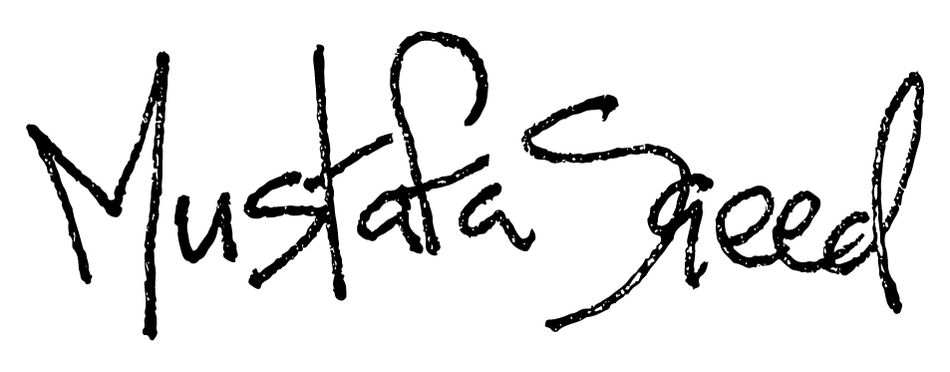It was only when I turned 19 that I learned that there are differences between clans. I had started University and was working in a graphic design office when my colleagues asked me which clan I belonged to. I was annoyed with the question. I was not sure why they asked, but noticed their different way of treating me after they knew which clan I belonged to. Suddenly I was not Mustafa, the young graphic designer and the student; I was now Mustafa who belonged to a particular clan, and it seemed that was the reason I was either liked or disliked.
I grew up outside my country during war in the Northern part of Somalia, which is now Somaliland. I wasn’t allowed into the living room where my parents used to watch VHS tapes sent from home documenting the war. which were sold to Somalis abroad to raise money for the militias. My parents raised me with the idea that we were all equal Somalis. Clans were just names to me, sometimes used in jokes, and sometimes as an insult. I was curious to know what triggered such remarks and why there was a stigma on certain clans.
Although Somaliland was founded in 1991 with a constitution that grants equality to all citizens, the reality is different. Still today the clans that livestock still have superiority, and they receive the best jobs and educational opportunities available in our developing country. The other clans are less advantaged because of who they are as a group, although there are individuals who might manage to make a decent living for themselves.
This project explores the daily lives of people belonging to the discriminated clans, using photography to explore the depth and impact of segregation and discrimination.
This story was made possible with the support of Magnum Foundation, AFAC, and the Prince Claus Fund.



Photo of local cinema/video spot - a usual scene of war aftermath. It was hard to get electricity or afford buying TV sets, so people will gather and watch Bollywood films and football matches.

A Memorial statue for the young people who died on 20th February 1982 youth riot. The Somali government arrested many teachers and intellectuals; students gathered in protest and threw stones, many of whom were gunned down.



Barbershop in Burao; Barbering is one of the popular occupations practiced by the Gabooye clans.

Woman selling Uunsi in market. A type of incense made of frankincense, cardamom, sugar. Usually women who sell it in market are from the Gabooye clans.


Barkhad Jama Hirsi talking on a panel on “Clanism and its obstacles on Education” prepared by the Anti-clanism extinction movement. Barkhad is an ex-advisor on minorities and social issues to the President of Somaliland. He resigned at the beginning of 2015. He mentioned the reason for his resignation on different occasions. He felt his position was just complementary and that the government wasn’t doing anything in relation of empowering or either pushing the minority rights.

Artists performing at WADANI event “WADANI is one of the official opponent parties in Somaliland”, it the only opposition party calling for equality, and promising to give more space for minority clans.

Left: A petition from a representative of the Somaliland protectorate to Secretary General of the United Nations, stating treaties between United Kingdom and some Somali Tribes; these agreements had a big impact of clans system in Somaliland today.




“Geed walba in gubtaa wa hoos taallaa (Each Tree has enough Grass underneath to burn it down).-Somali proverb.













